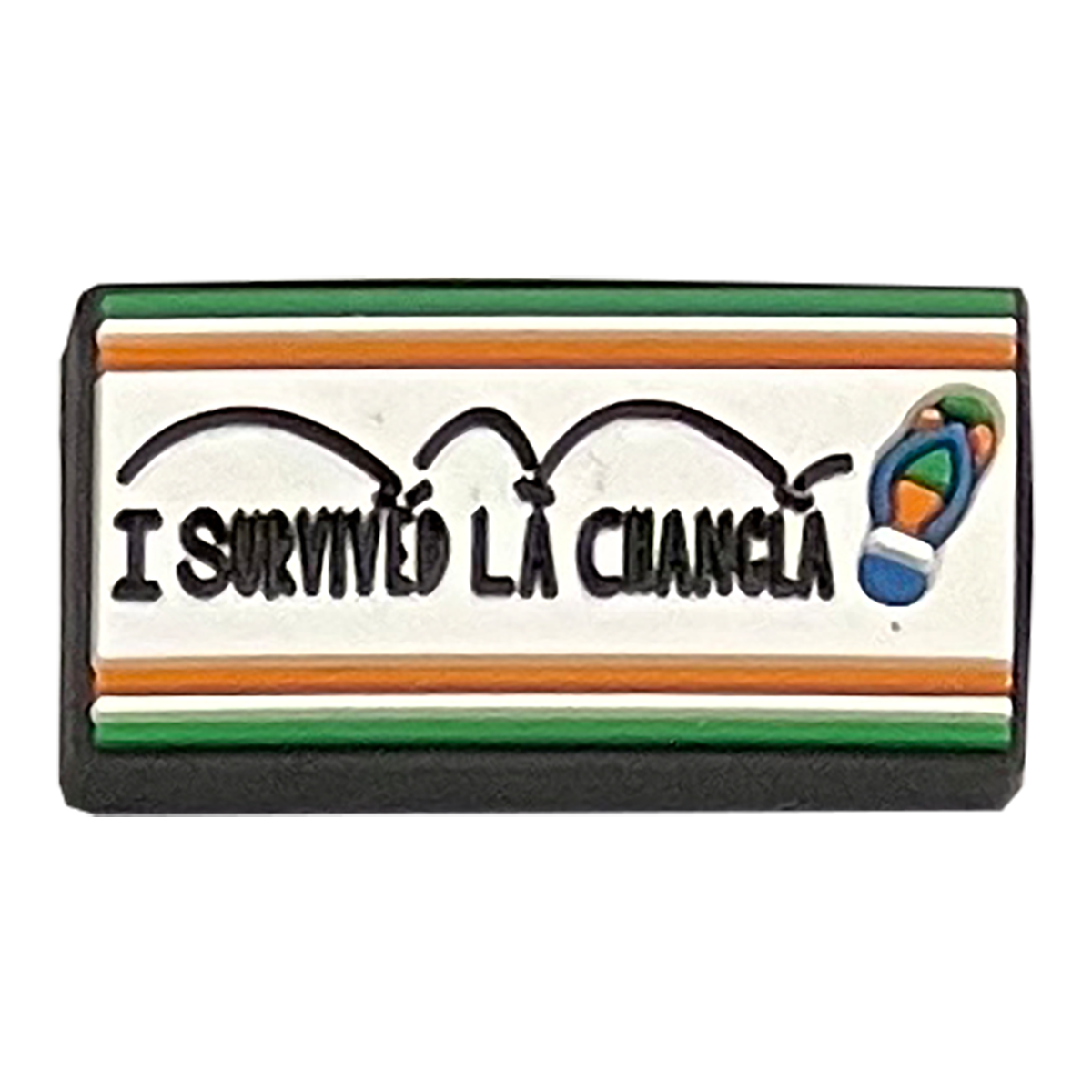If you are Latino or Latina, or just have Latino friends, you are probably familiar with the term “la chancla.” This foot accessory is more than just a shoe, it has become a humorous symbol of Hispanic culture. In this blog post, we will explore what la chancla is, its origin, its popularity, and its impact on Hispanic families.
What Is La Chancla?
La chancla is a flip-flop or sandal that past generations of Hispanic parents used to discipline their children. Back in the day, the sound of the chancla hitting the floor was enough to make any child stand up and listen.
The origins of la chancla can be traced back to the distant Latin American past, when people wore light sandals made of materials such as leather or rubber.
Back in those days, most people lived in small houses and a light shoe thrown across the room could reach almost anyone.
Today, physical punishment is a thing of the past, but la chancla is still popular as a symbol of another era.
This cheap piece of footwear has become a cultural icon. You can find t-shirts, memes, and social media posts that reference la chancla. It has become an icon of Hispanic family life and a way to bring humor to a traditionally serious topic.
Wrapping It Up
In conclusion, through its many iterations, la chancla has been around for generations in Hispanic households. It’s a tradition that has become a part of Hispanic culture, and while it has fallen into disuse as a disciplinary tool, it remains a humorous symbol of family life.
From shoe charms to stickers, many products feature La Chancla, underscoring its current status as a comical icon of the Latin American way of life and its past.
To learn more about other cultural icons we love, check out our previous blogs, “What Does Molcajete Mean?,” “Who Is La Catrina?” and “Conchas vs Donuts: the Ultimate Pastry Showdown.”
Sabukana: Unapologetically Embrace Yourself
Sabukana was created by two Latina sisters, Melanie and Scarlett, to celebrate their Latin roots and multicultural upbringing with a modern twist.
Our creations are made for people who unapologetically embrace their own. They represent our cultures, serving as a reminder of where we come from and who we are.















